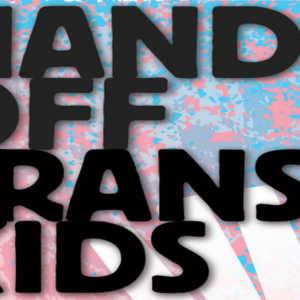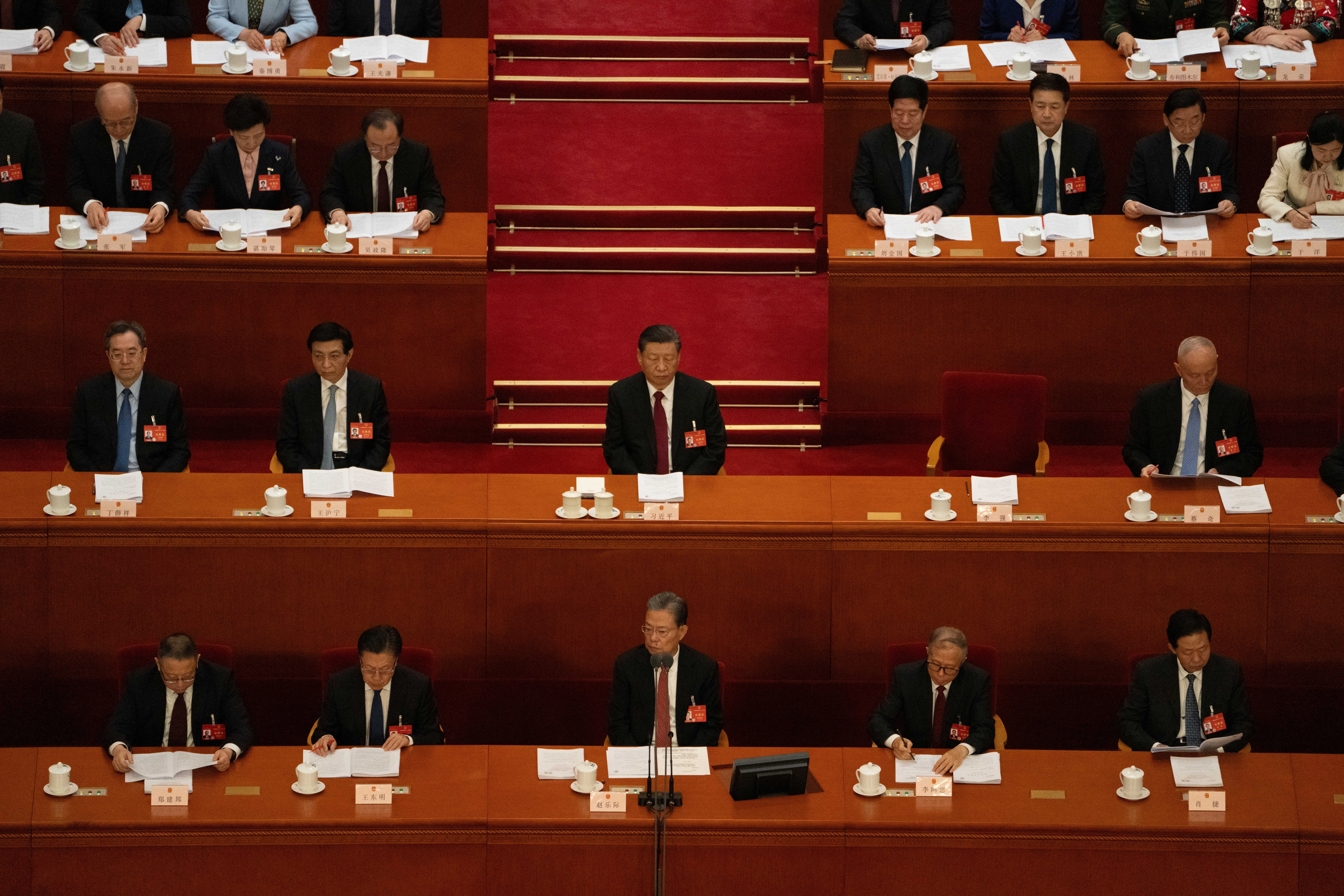Source >> Labour Outlook
“Unionism is losing its appeal, both as an electoral force and a political rationale: the only worthwhile debate that remains is over what comes next.”
The council elections in Northern Ireland have produced historic results. Never before have Irish nationalist first preference votes out numbered unionist ones. Never before has Sinn Féin, the leading Irish nationalist party won over thirty percent of the local council vote. Never before has Sinn Fein won more council seats than a unionist party. Never before has it won more councils than any unionist party.
The statistics were Sinn Féin winning 30.9 per cent of the first preference vote, with the DUP coming second with 23.3, Sinn Féin winning 144 council seats with the DUP 122, and all Irish nationalist candidates receiving 308,624 votes compared to an all unionist total of 281,196.
Why has all of this happened?
First, credit must go to Sinn Féin. It delivered an inclusive message, emphasising the imperative of a return to power-sharing. Consequently, it attracted support in former unionist strongholds, such as Ballymena and Lisburn, where previously those canvassing for Irish republicanism did so at grave risk of their personal safety. That the party’s message is economically progressive and socially liberal has also attracted cross community support, especially from younger voters. The same can be said for the fact that the party is headed by two women, that many of it’s candidates were women, as well as being from different generations.
A second factor for the growth of support for Irish nationalism is the demographic change in the six northeastern counties of Ireland over the last couple of decades. There is now a fifty-fifty split between those born into the traditionally nationalist, or Catholic community and those into the traditionally unionist, or Protestant one. Although, it is clear that in the council elections Irish nationalism’s vote suggests it attracted some support from Protestants, albeit in a single figure percentage.
Others from the traditional unionist community voted for the constitutionally neutral Alliance Party, which is a further reason for the decline of support for unionism, although the Alliance vote increased by only one percent, and indeed in some areas, such as Derry and the northwest, it lost seats to Sinn Féin.
The divisions within unionism are also relevant. However, too much can be made of that as such splits have existed for over fifty years. Nevertheless, it is remarkable that before “The Troubles”, in the early 1960s, the leading unionist party could win 70 percent of the vote, while today a different leading unionist party attracts just 24 percent.
What all of this indicates is what may be the most important factor explaining the current electoral balance sheet and one that points to where this will go in the future. This is the continuing decline of unionism as both a coherent philosophy and a political motivation. Recent events have discredited British run unionism even within their traditional Northern Ireland support base. These include the way the interests of Northern Ireland were disregarded by the Brexit enthusiasts, the way Johnson repeatedly broke promises to the unionists, and the way the current Tory leadership is pressing ahead with proposals to prohibit investigations into past crimes committed during The Troubles – especially those by British security forces.
Most recently, there has been the imposition of a very harsh austerity budget on Northern Ireland by the Tories, which has further strengthened those such such Sinn Féin and Alliance who advocate a local power-sharing government rather than one of British dictates.
With such a record the whole idea of Theresa May’s infamous “precious union” is becoming a sick British joke on the people of Northern Ireland, who, it is not surprising, are increasingly rejecting the whole unionist premise. Moreover, from within Ireland more thoughtful and intellectually persuasive policies are emerging, and ones that exclude British control. For example, the all-Irish community organisation Ireland’s Future has just produced a detailed and comprehensive plan for a free-at-point-of-use all Ireland health service. Unionism in the northeast of the country is incapable of such planning as the health service there is determined by British purse strings and, consequently, continues to decline.
So, unionism is losing its appeal, both as an electoral force and a political rationale: the only worthwhile debate that remains is over what comes next. What is less certain is when British-based, Union Jack-waving political parties recognise these political realities, or indeed listen at all to the voices of Northern Irish voters. The Tories and Labour have shown no sign of breaking from their bipartisan consensus of politely waiting for the DUP to decide whether they will return to power-sharing on the one hand, while ignoring Irish nationalists’ demands for establishing criteria for a border poll on the other. This is the old sectarian colonialism which created the whole Northern Ireland mess in the first place. That the current Labour leadership subscribes to this suggests it is increasingly becoming part of Ireland’s British problem.
- Geoff Bell is a member of the executive of Labour for Irish Unity and the author The Twilight of Unionism – you can order a copy from Verso book here.
Art (47) Book Review (102) Books (106) Capitalism (64) China (74) Climate Emergency (97) Conservative Government (90) Conservative Party (45) COVID-19 (43) Economics (36) EcoSocialism (48) Elections (75) Europe (44) Fascism (52) Film (47) Film Review (60) France (66) Gaza (52) Imperialism (95) Israel (103) Italy (42) Keir Starmer (49) Labour Party (108) Long Read (38) Marxism (45) Palestine (133) pandemic (78) Protest (137) Russia (322) Solidarity (123) Statement (44) Trade Unionism (132) Ukraine (324) United States of America (120) War (349)
The Anti*Capitalist Resistance Editorial Board may not always agree with all of the content we repost but feel it is important to give left voices a platform and develop a space for comradely debate and disagreement.
Latest Articles
- France after the elections: How should the radical left act?In the wake of the National Assembly’s dissolution and new parliamentary configuration, La France Insoumise (LFI) should adopt a clear stance of radical opposition, emphasizing its commitment to anticapitalist principles and democratic reforms while avoiding any compromise with the existing government unless it secures absolute majority support from the populace, argues Gilbert Achcar.
- Why Socialists Oppose the Two‑Child Welfare CapIn this article, Simon Hannah explores why socialists vehemently oppose the government’s two-child welfare cap, arguing that it stems from austerity measures and reactionary views on the poor.
- Hands off Trans KidsA pamphlet from Anti*Capitalist Resistance.
- Two Child Benefit RevoltDave Kellaway responds to the revolt by Labour MPs and others to the Labour government keeping the Tories’ hated two child benefit cap.
- The beginning of the end of China’s rise?This is the second interview in a two-part series. The first interview (“Opposing US militarisation in the Asia-Pacific should not mean remaining silent on China’s emerging imperialism“) covered the nature of China’s state, its status in the world today, and implications for peace and solidarity activism.






